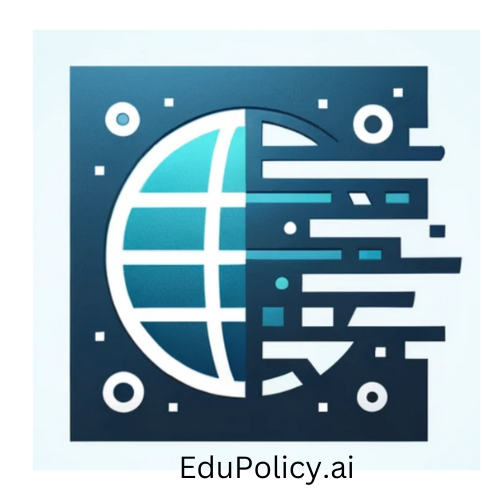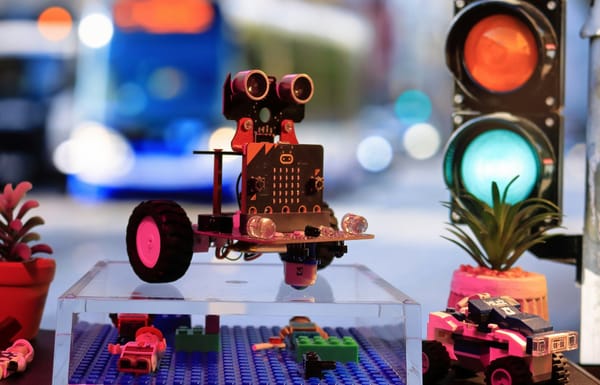Let’s begin, shall we?

It would be fair to say there’s a lot of noise out there, about AI, and what AI really means. We all understand it’s an abbreviation for” Artificial Intelligence"; however, beyond that…. I also think it’s meaningful for all educators to understand its scope--beyond ChatGPT, and the contextual impacts on K-12 & Higher Education.
With this in mind, I have decided to expand upon my originally posted snippets--I think by expanding them, everything else will fall into place! If you have other ideas pertaining to related topics you would like to hear about, please, reach out and let us know.
David Hatami
Preparing Educators for AI Integration
In the ever-changing landscape of education, the advent of AI brings with it a set of new dynamics in our interactions with students. As we embrace these changes, I'd like to share some practical insights on how AI can reshape our roles, not through grand promises or warnings, but through subtle, yet significant shifts in our day-to-day teaching experiences.
In a previous post I had likened professional educators to stewards of education, much like, The Knights Templar, in their sacred quest to protect holy knowledge. As an educational steward, our challenges are changing in breadth-and-scope almost daily. Educators face a twofold dilemma: adapting teaching methodologies to leverage AI while maintaining their critical role as guides and mentors. This balance will be crucial (if not already) in both K-12 and higher education settings to remain relevant while remaining in lockstep with administrators and student stakeholders alike.
Second, as AI becomes increasingly sophisticated, educators must additionally recognize our traditional, established, pedagogical models of assessment and feedback are becoming less-and-less valid, they must change with technology, if we ever intend to move our classrooms forward.
We cannot fear technology and we cannot fear our students using this technology. The willingness to embrace a new paradigm (or thought process) is what I would call the only “axis” upon which a new fundamental kind of learning (that is to say-21st Century Learning) can only take shape and grow into a measurable outcome with a new way of looking at them. Seeking to preserve core teaching values we have to willing to change—and even be uncomfortable if we wish to steward our classrooms flocks.
Find a way to make the shoe fit....
Chat GPT can write (even a half-baked) essay for a student in minutes--they submit the assignment and believe they should be done with assessment at that point? Right?
Incorrect.
It's here, at this point, as an educator we need better follow through than before. These moot exercises will not offer our students any learning unless we "find a way" to make sure any submitted work is authentic human. I would cite the example, during the 1980's math teachers protested the use of calculators in the classroom. How did they get around that arguably lost fight? Simple. They required students to literally "show their work" in a demonstrable way, signifying mastery– or perhaps, you can even remember them asking (like myself) "can you go up to the board and do the problem for the class"?
With ChatGPT it's no different. Depending on modality and classroom level, this is where curricula design should begin to evolve in the classroom–find ways to make students show their work. While it's an excellent tool for many basic things, as professional educators, we know our students, we know their authentic work based upon our personal evaluative and professional experiences.
Let them know, you know, "about AI".
I can only imagine the new rules and policies that are being developed (as we speak) at district or campus levels, in terms of game-changing-rule changing that surely is afoot.
While AI I's ability to analyze vast amounts of data can provide us with deep insights into student's learning patterns; however, it will never replace human judgement or our moral sense of duty to the students we teach. In order to succeed let's realize we need to up our role as mentors and not let all this tech stress us out!
--David Hatami. Copyright Dec. 2023.




